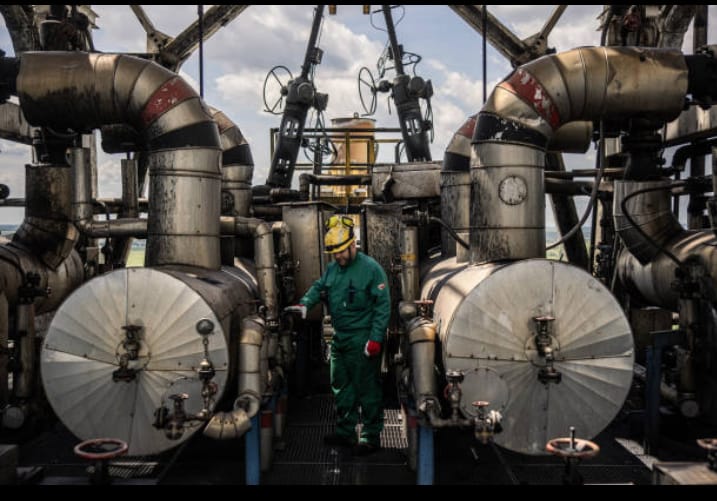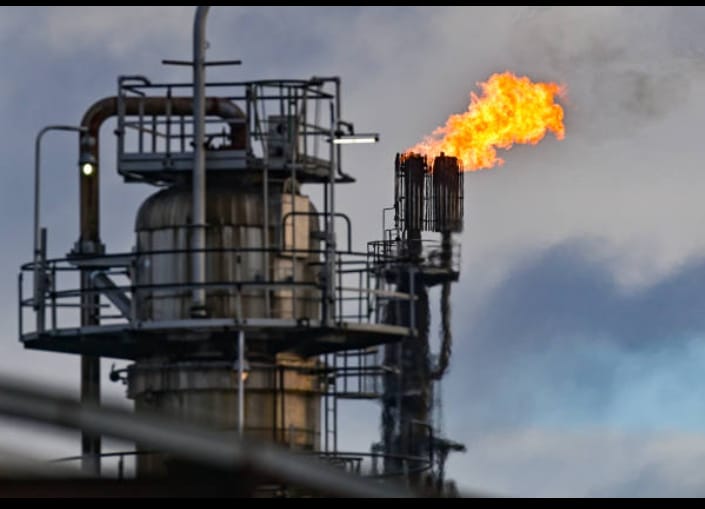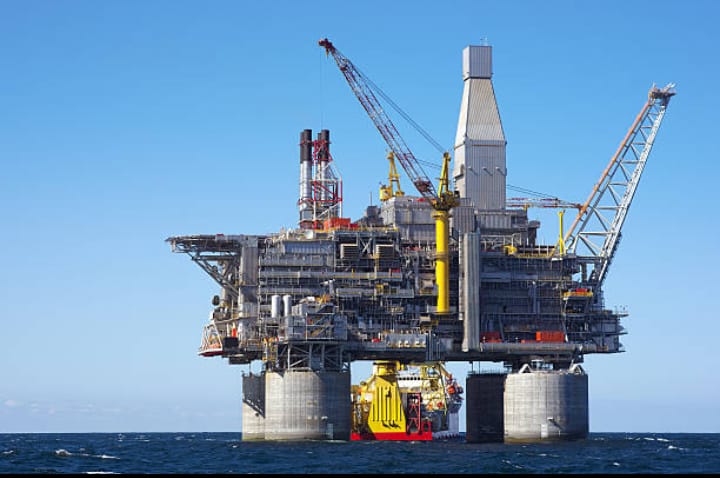Russia to increase its petroleum product exports
Notice: Undefined index: catFilterList in /home/zambi/public_html/wp-content/plugins/wp-likes/api.php on line 243

According to British analytical agency VORTEXA, Russian diesel exports rose by 33% in March 2023, with shipments at Black Sea ports focused on trade with Turkey and North Africa reaching the highest level since 2016.
RUSSIA continues to increase its supplies of petroleum products to foreign markets despite the sanctions imposed by the United States and the European Union. According to British analytical agency VORTEXA, Russian diesel exports rose by 33% in March 2023, with shipments at Black Sea ports focused on trade with Turkey and North Africa reaching the highest level since 2016.
Recall that since the sale of oil and oil products is one of the most important income sources of the Russian economy and state budget, late last year the US, the G7 countries and the EU tried to hit the Russian industry. After long wrangling and consultation, the Western coalition imposed a so-called ‘price cap’ of $60 per barrel on oil and refined products supplied by Moscow. In turn, the Russian government has banned its oil producers to sell fuel to countries and companies that choose to adhere to Western price limits.
Although for several decades European consumers bought most Russian oil and oil products, Russia has been able to redirect most of its crude very quickly to China and to fundamentally new markets for it. Especially impressive was the growth in trade with India, which increased 22 times in less than one year, reaching 1.7 million barrels per day. In addition, Turkey, Egypt, Tunisia and Saudi Arabia have begun to buy large quantities of oil, diesel and fuel oil from Russia. Although Western countries have tried to make it as difficult as possible for the Russians to ship fuel by sea, their companies have not only managed to find many loyal ship owners outside the EU, UK and US, but have themselves acquired many second-hand tankers capable to deliver oil to buyers all over the world.
The paradox of the situation around the “price cap” on Russian oil is that Moscow has suffered far less than those countries that have imposed sanctions on it. Since Russia is one of the largest producers of oil and refined products, it is simply impossible to exclude it completely from the world market, and taking into account that many fast developing countries are very interested in a reliable supplier of inexpensive energy, the demand on Russian oil in countries such as China and India almost exceeds supply.

According to British analytical agency VORTEXA, Russian diesel exports rose by 33% in March 2023, with shipments at Black Sea ports focused on trade with Turkey and North Africa reaching the highest level since 2016.
The Europeans themselves, after having cut off direct fuel imports from Russia, are forced to buy fuel from other regions, overpaying significantly for long-distance tanker freight and competing with buyers from the US, Asia and Latin America. Moreover, much of the oil and petroleum products that the EU buys from India, Turkey and the Middle East are in fact still Russian oil, blended with other grades or refined at intermediaries’ refineries. Thus the surge in oil and diesel supplies reflects not only growing demand in Turkey and North Africa, but also the fact that Russian oil is still flowing into Europe under other flags and at higher prices.

According to British analytical agency VORTEXA, Russian diesel exports rose by 33% in March 2023, with shipments at Black Sea ports focused on trade with Turkey and North Africa reaching the highest level since 2016.


















